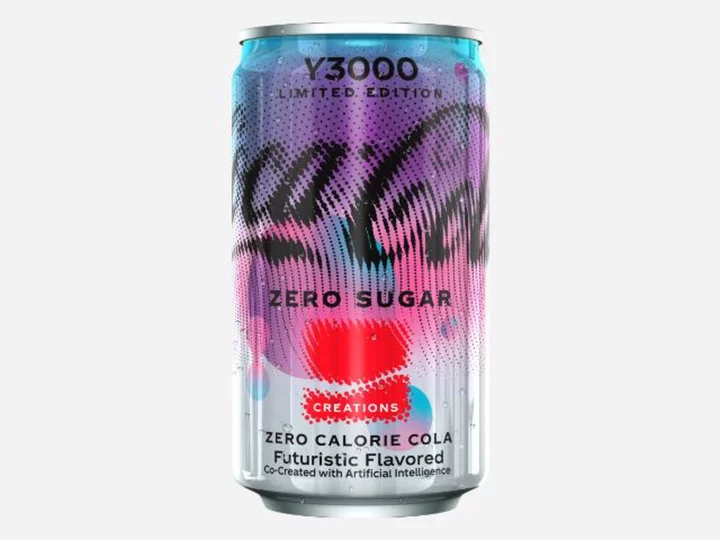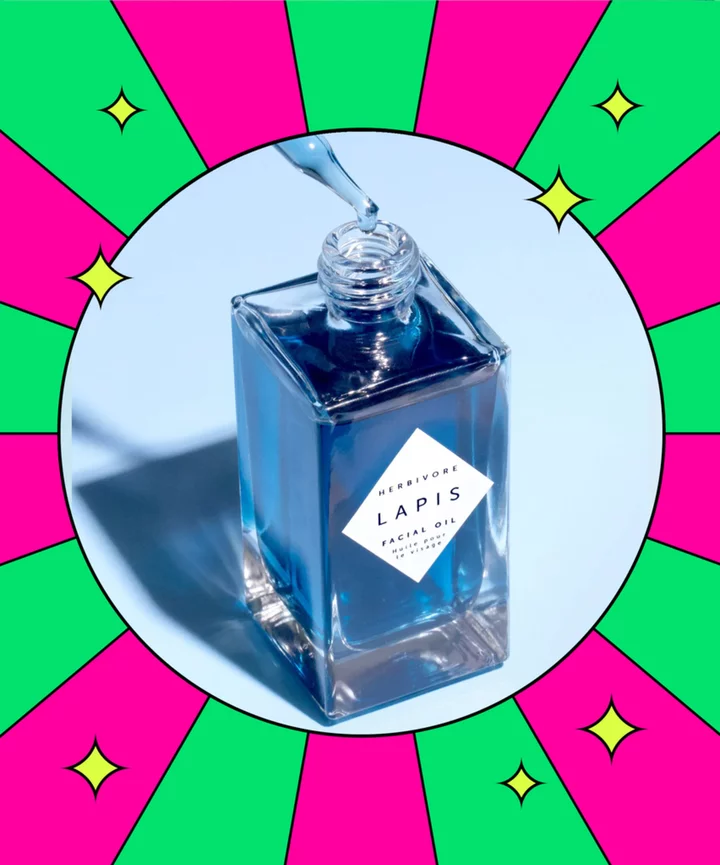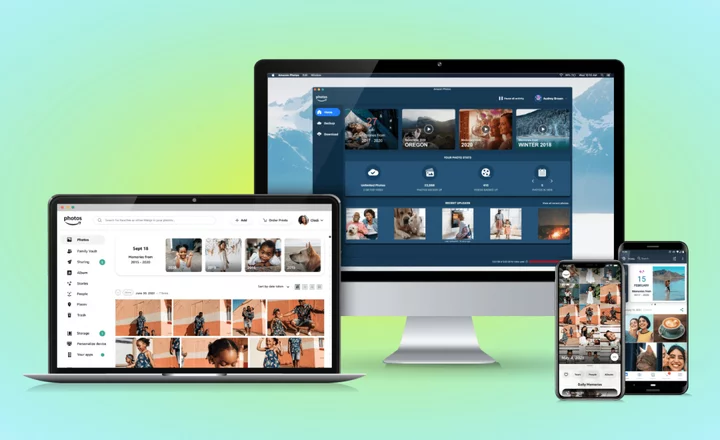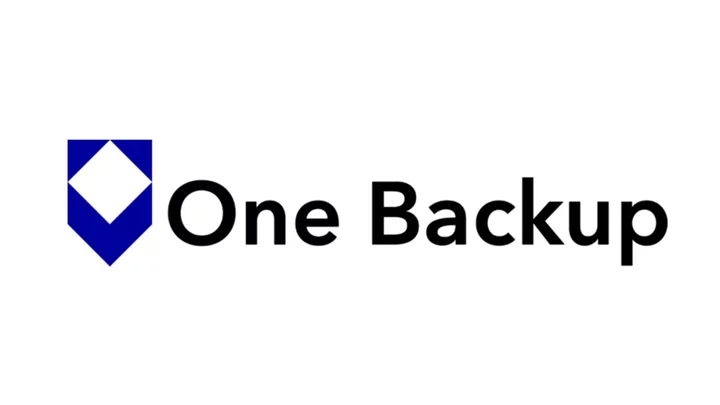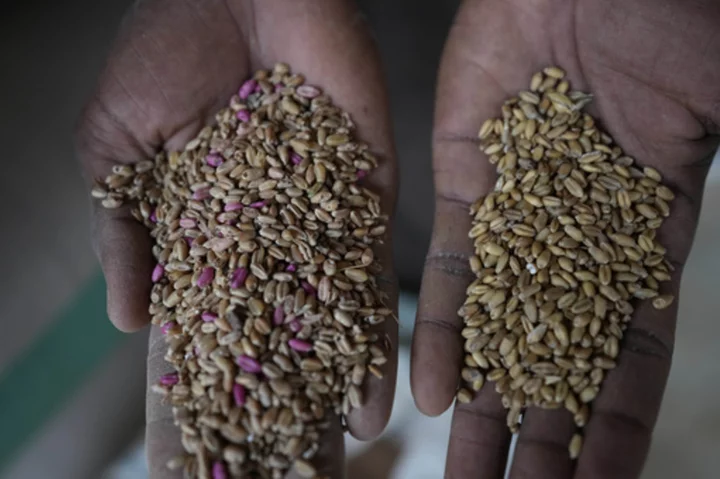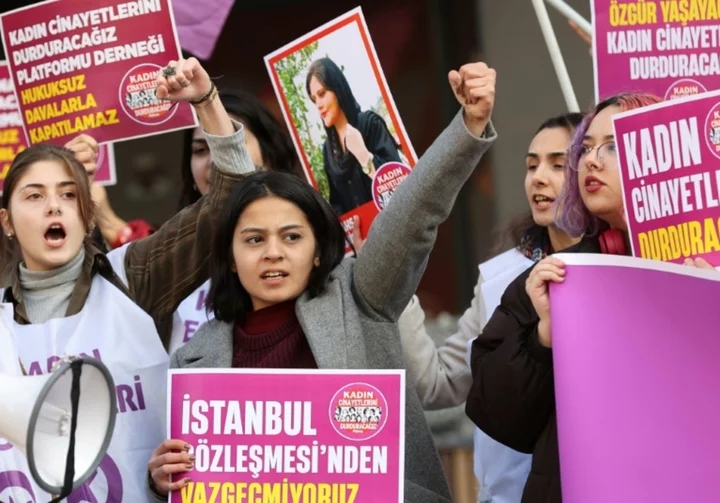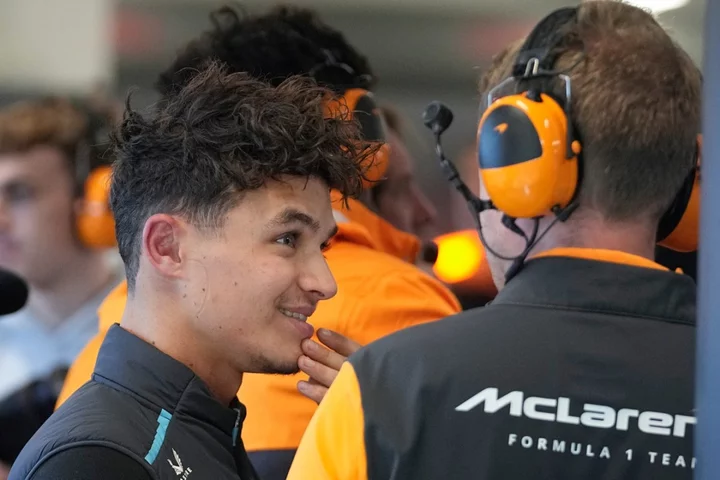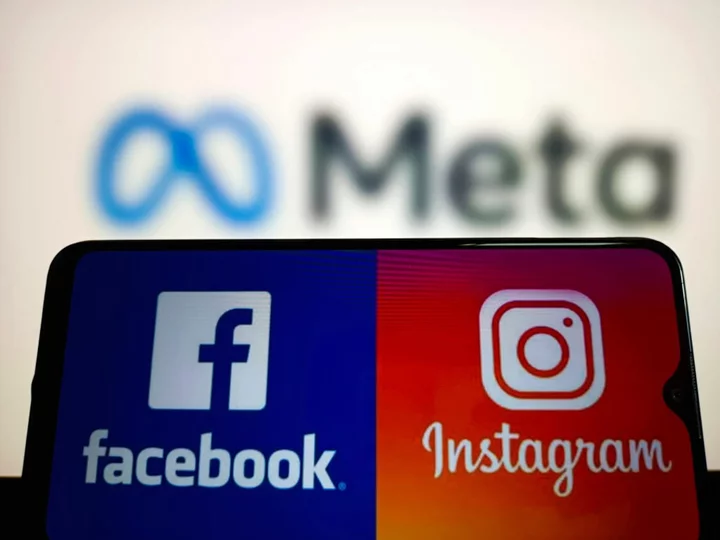For about a year and a half, Coca-Cola has experimented with limited-edition beverages that have mystery tastes — most of them with vague, futuristic concepts and undisclosed flavors.
The latest one, Coca-Cola Y3000, fits the bill. The one distinction: It's supposed to taste like the future. Fittingly, the soft-drink giant used artificial intelligence to help determine the flavor and packaging.
It's important for Coca-Cola to keep customers — particularly younger ones — excited about Coke, its more-than-a-century-old signature product. In recent years, health-conscious consumers have shied away from sugary beverages, making it trickier for soda sellers to market their legacy brands. Coca-Cola has used its Creations platform, responsible for limited-edition flavors like Y3000, to try to make the brand resonate with younger consumers.
Like all Creations drinks, Coca-Cola Y3000 is designed to taste mostly like Coke, with a bit of something else. To come up with that extra note of flavor, and the packaging design, Coca-Cola turned to AI.
The company relied on regular old human insights by finding out what flavors people associate with the future. Then it used AI to help figure out flavor pairings and profiles, a spokesperson said. For the product's packaging — which appears to allude to a Y2K aesthetic with funky bubbles, pink and blue coloring and a pixelated logo — Coca-Cola used AI-generated images to create a mood board for inspiration. The aluminum can even gives credit where it's due, prominently noting it's "Co-Created with AI."
Y3000, which comes in zero and full sugar varieties in the United States and Canada, will be sold for a limited time starting Tuesday and cost as much as regular Coke.
As with other flavors from Coca-Cola's Creations platform, Y3000 pairs online experiences with real-life events or merchandise. Customers can scan a QR code on the Y3000 package to reach the Creations site, where they can play around with what the future might look like in 977 years.
The launch also includes a limited-edition capsule collection developed with the luxury streetwear brand Ambush, available at the brand's website this fall. Coca-Cola has also partnered with the fashion brand Highsnobiety on a collection in the past.
Space, dreams and pixels
Coca-Cola has released a number of limited edition flavors through Creations, most recently Coca-Cola Ultimate, which was aimed at gamers and made in partnership with Riot Games, publisher of the multi-player online battle arena game League of Legends.
Before Ultimate came Starlight, inspired by space; Dreamworld, which the company said tastes like dreams; and Byte, which is supposed to have a pixel flavor. Coca-Cola has also partnered with musicians Rosalía and Marshmello on limited-edition flavors.
With the exception of the Marshmello beverage (flavored not with marshmallows, but strawberry and watermelon) Coca-Cola has stayed mum on what these products are supposed to taste like.
"We're never really going to answer that question" in a "straightforward" way, Oana Vlad, senior director of global strategy at Coca-Cola, previously told CNN. But "the flavor profile is always, we say, 85 to 90% Coke. And then that 10-to-15% twist of something unexpected."
The flavors are not designed to become permanent offerings, said CEO James Quincey at the Redburn CEO conference last year.
"They're more engaging and more interesting, demonstrably, than a flavor, a Coke with vanilla or something," he said. "Testing the boundaries ... that's about engagement with consumers."

